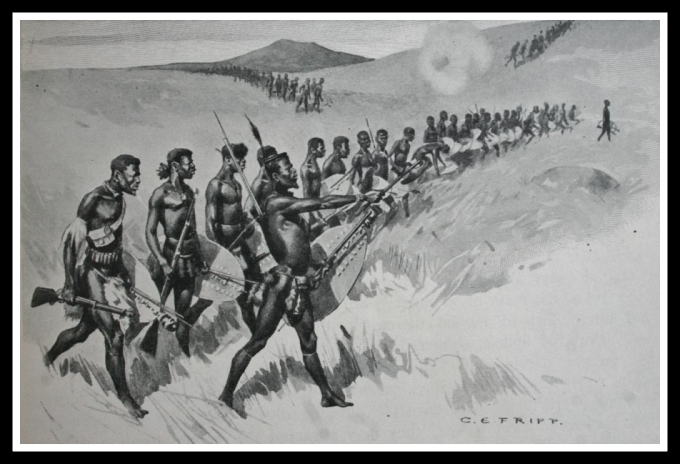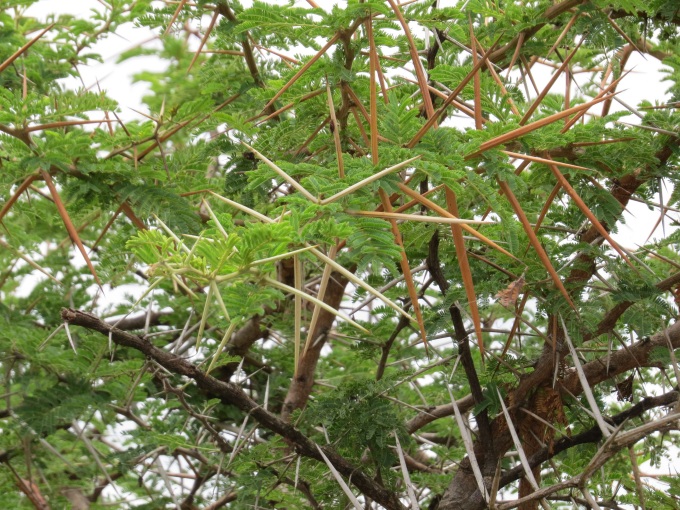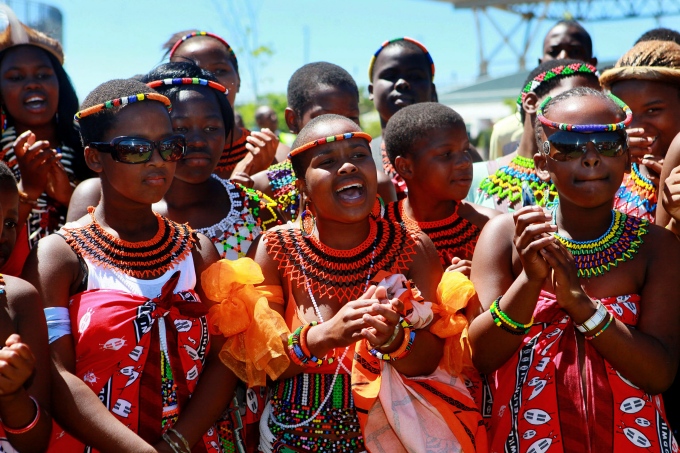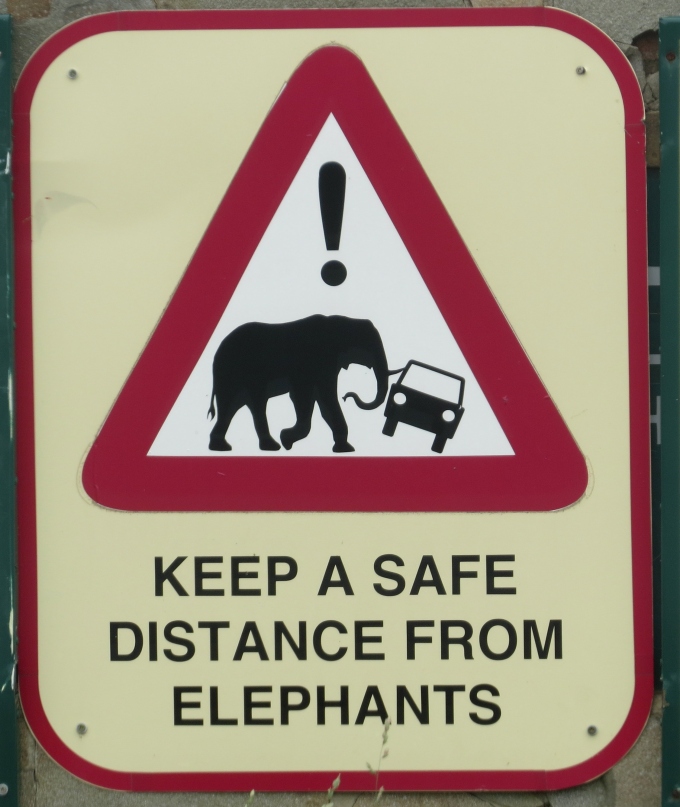Shaka and the Zulus
/Having been berthed here in Durban for nearly three months, we've come to learn a bit more about the history of the area, especially the Zulu. In Kwa-Zulu Natal province (KZN, it's called), there is a specific municipality known as Zululand, but historically a large part of KZN in which the Zulus dominated is referred to as Zululand. isiZulu is the most widely spoken language in South Africa and Zulus comprise about 97% of the population here. Shaka, legendary king of the Zulus nearly two centuries ago, is still an influence on the Zulu culture today.
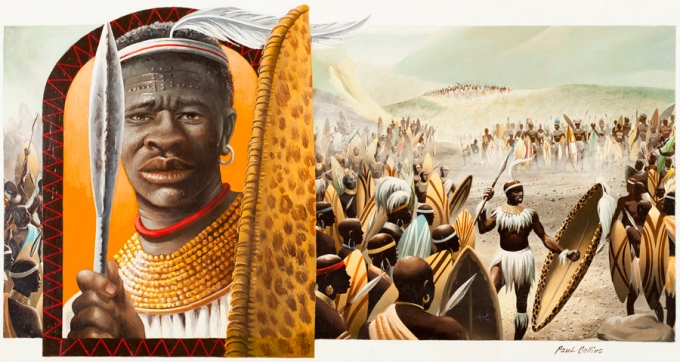
Shaka kaSenzangakhona was born c.1787, the illegitimate son of Senzangakhona kaJama (his father) and Nandi (his mother). He is considered one of the most significant monarchs of not only the Zulu kingdom, but of all southern Africa. He lived in an area between the Drakensberg and the Indian Ocean, territory through which we've just traveled.
He rose to power by becoming a fierce warrior with a strong following and subsequently killing his half-brother and usurping power. According to several sources, there were no Zulus prior to Shaka. Many individual Nguni tribes inhabited the area. Through war and diplomacy, he is credited with uniting many of the Nguni people into a powerful nation which exerted significant influence over much of South Africa. He named his people Zulus after his grandfather, Dinizulu.
Shaka has been called a military genius for the reforms and innovations he introduced. His innovations included the introduction of the short thrusting spear (iklwa) which was very efficient and deadly in hand-to-hand combat. He was noted early on for fast-moving, surprise attacks and ambushes. He later developed and utilized the “buffalo horn” battle tactic very effectively. The Zulus were formidable enemies.
Shaka is also noted for the brutality of his reign. He was purportedly responsible for more Zulu deaths than his enemies. After battles, any warrior with wounds on his back was killed because he was thought to have been running away. Young warriors who were thought to be less than brave were required to run full speed into thorn trees. If they did not run fast enough or with enough zeal, they were killed. When his mother died, Shaka ordered a year of mourning during which no crops could be planted, all calves born were killed and all pregnant women and their husbands were killed. He is known for total annihilation of his enemies in battle. There was no surrender.
On September 22, 1828, Shaka was stabbed to death by his bodyguard, Mbopha, and his two half-brothers, Dingane and Mhlangana ending his decade-long reign. At the time of his death, the Zulu nation was over 250,000 people strong with more than 50,000 warriors.
Today, Shaka Zulu is remembered in many ways, but primarily as the founder of a proud and fierce people. There's uShaka Marine World here in Durban, King Shaka International Airport and Shakaland cultural village among his namesakes. September 24th is a national holiday in South Africa celebrated by all as Heritage Day, but previously celebrated by the Zulu as Shaka's Day. In 2016, Zulus will celebrate Zulu 200, the bicentennial anniversary of the founding of the Zulu nation.



